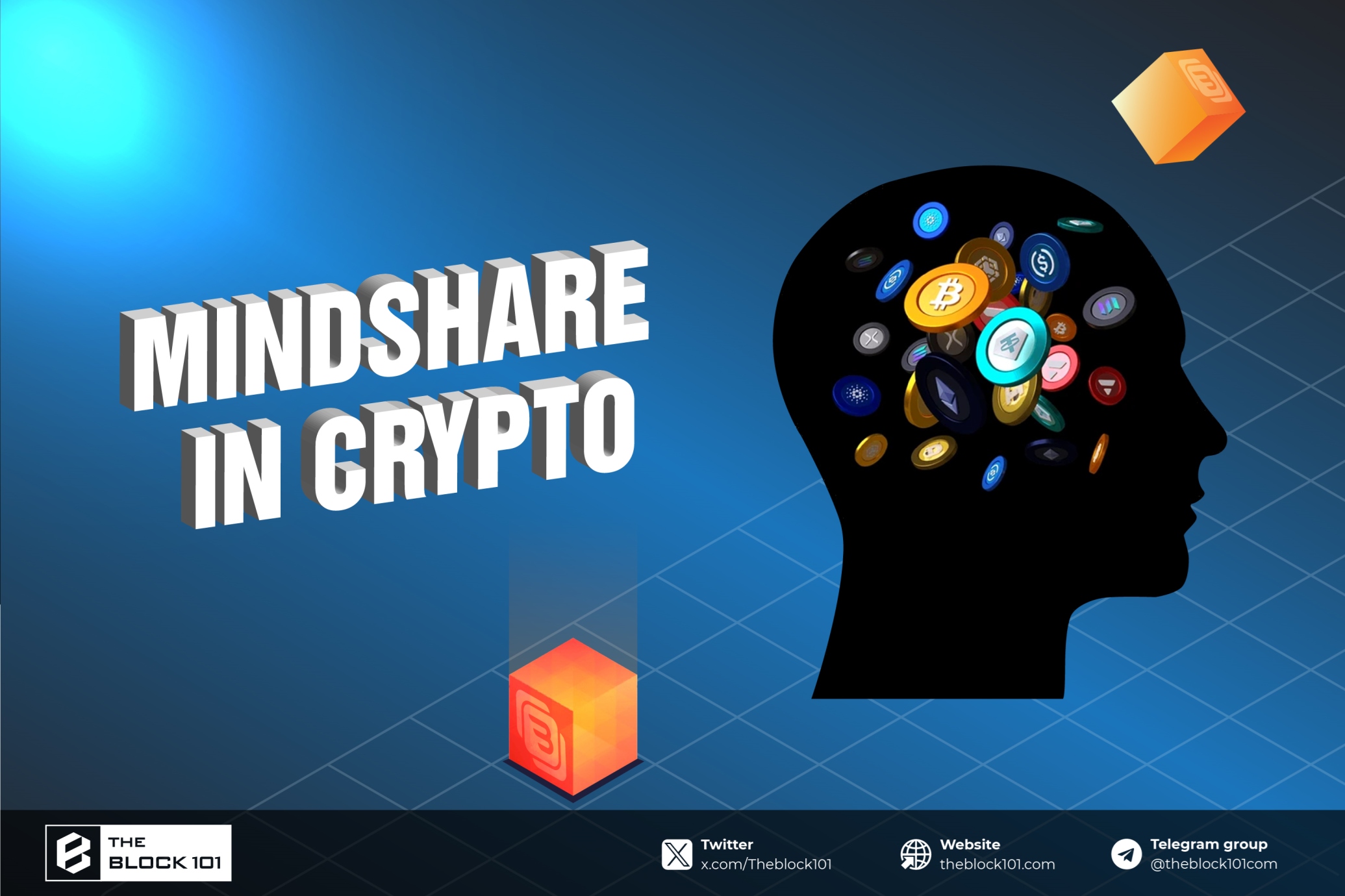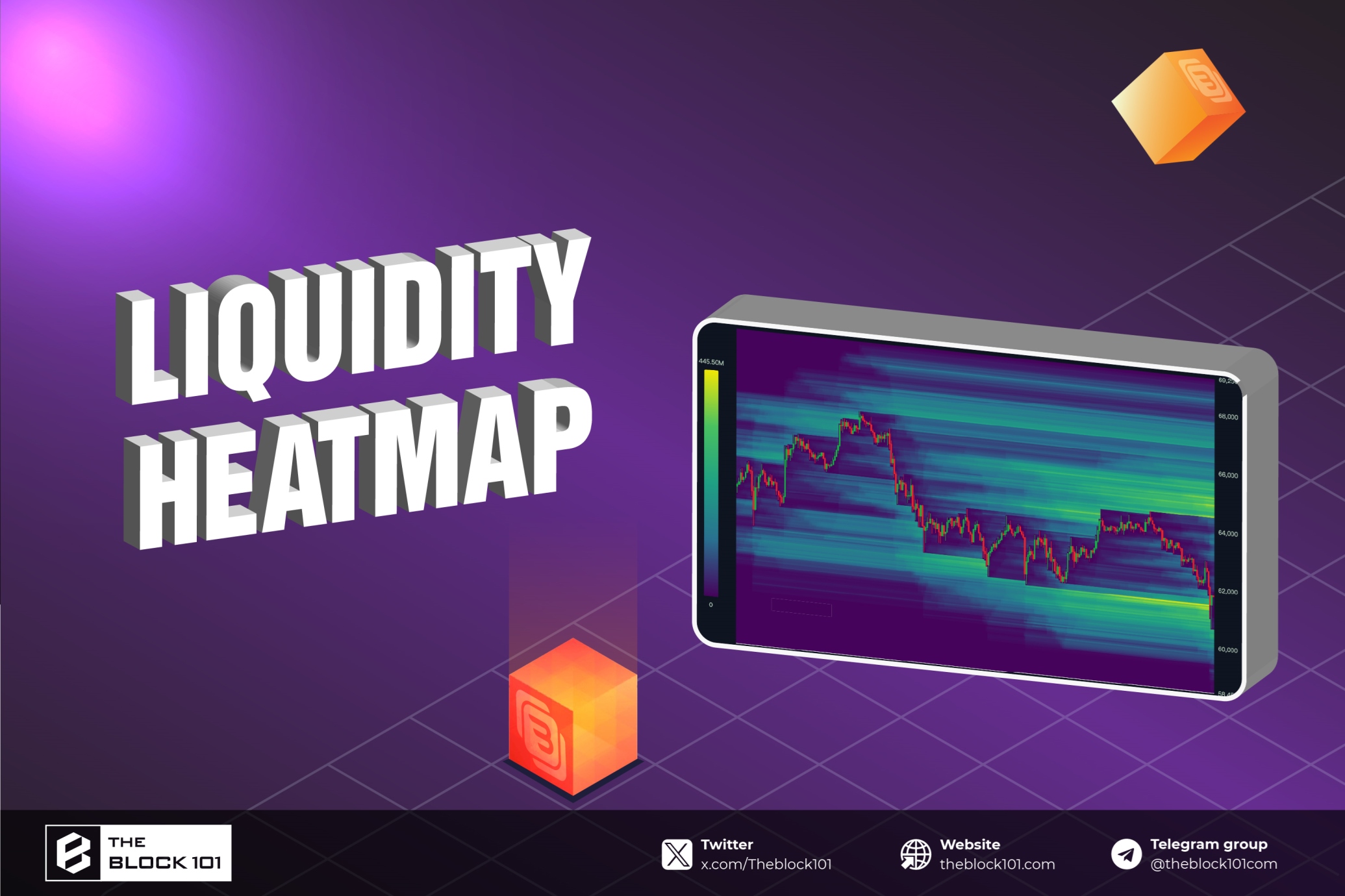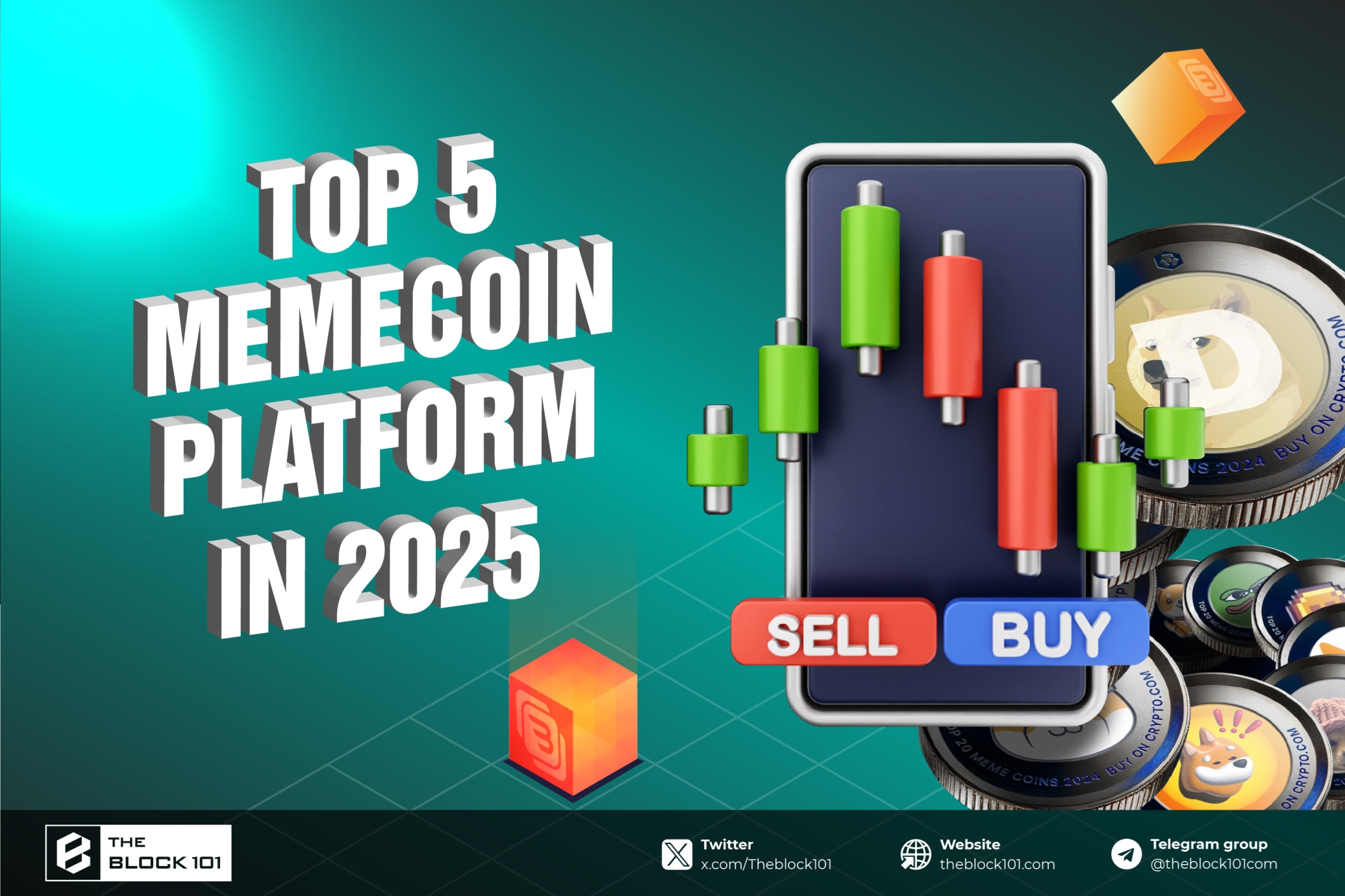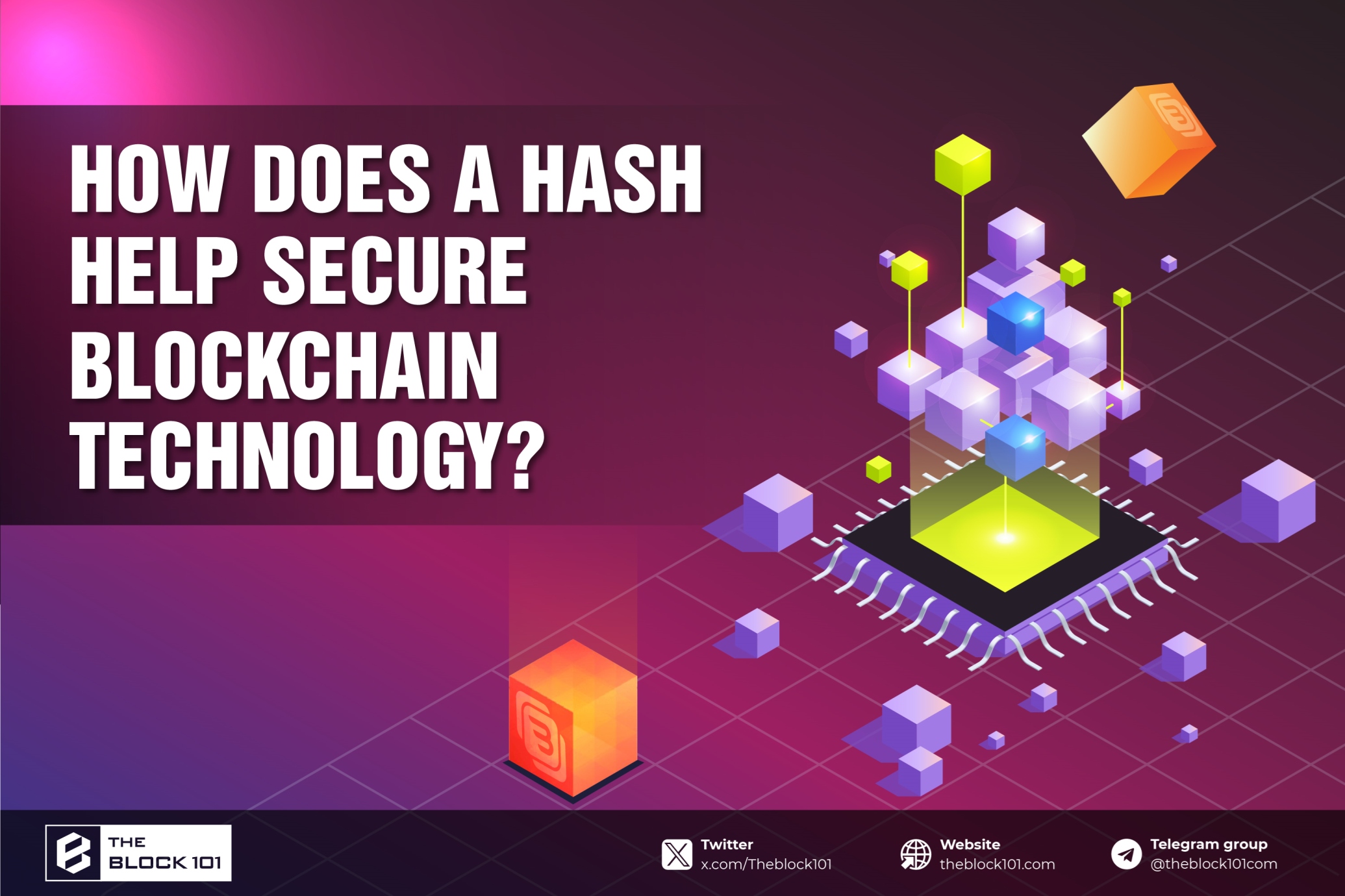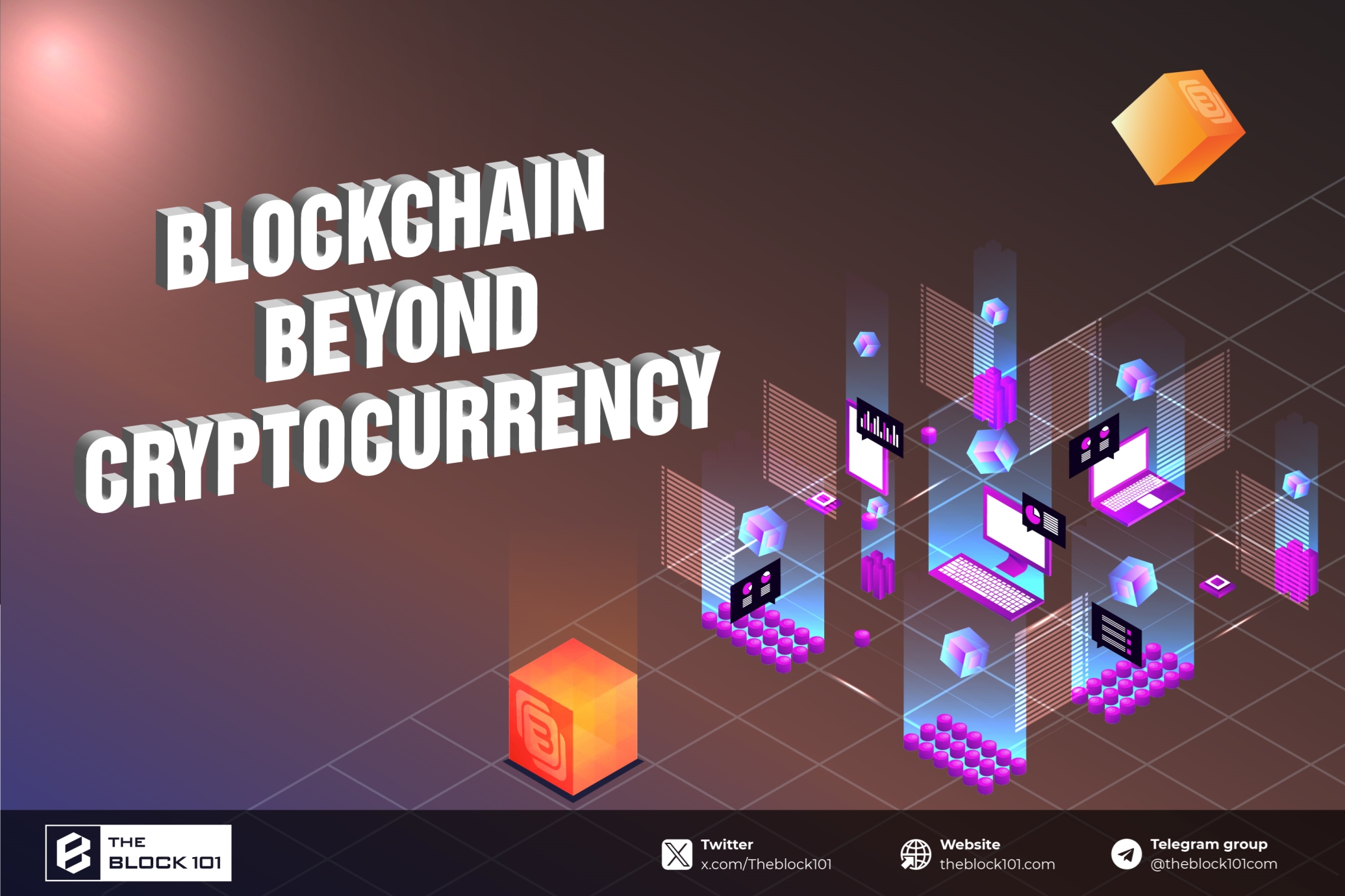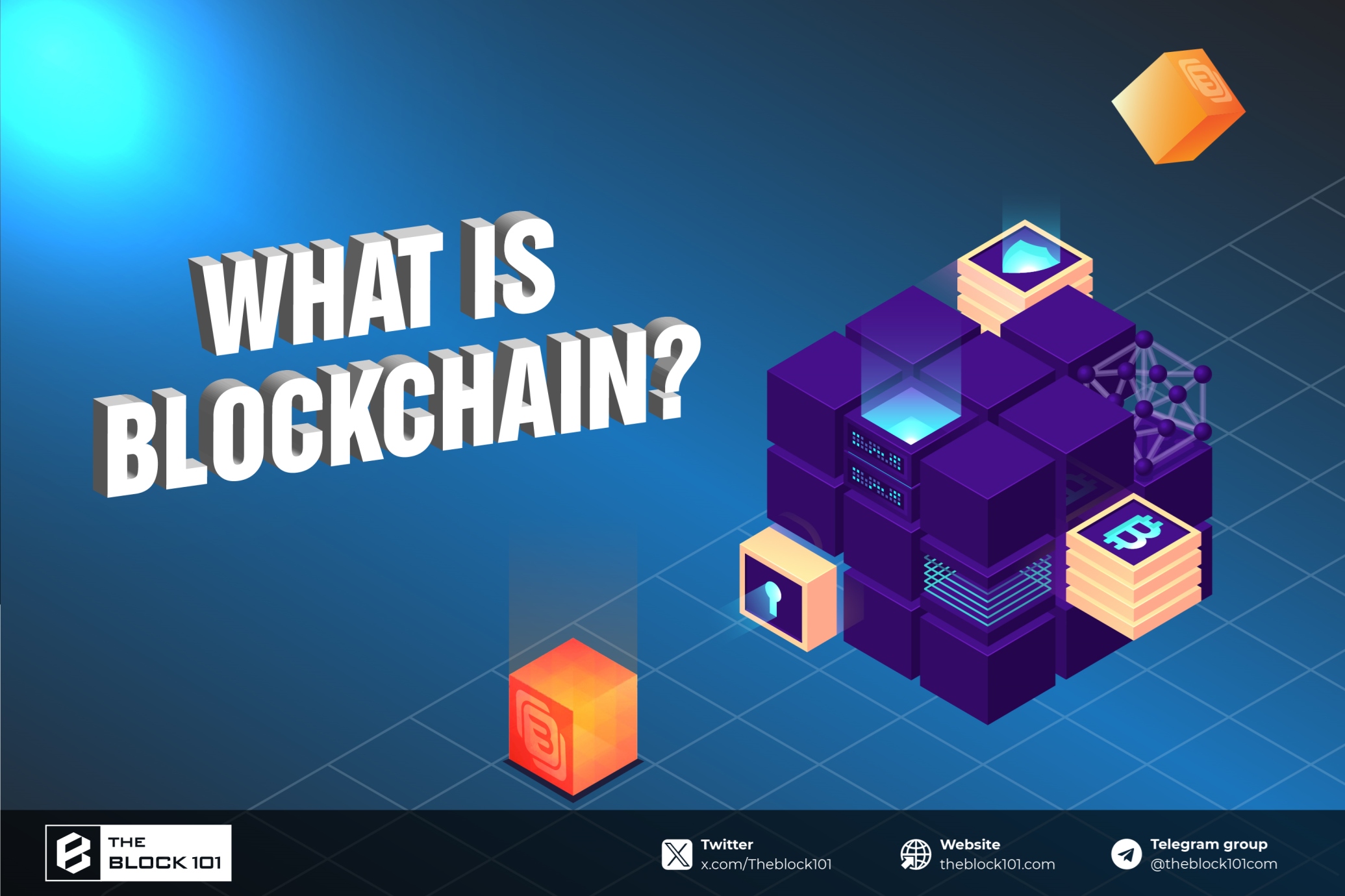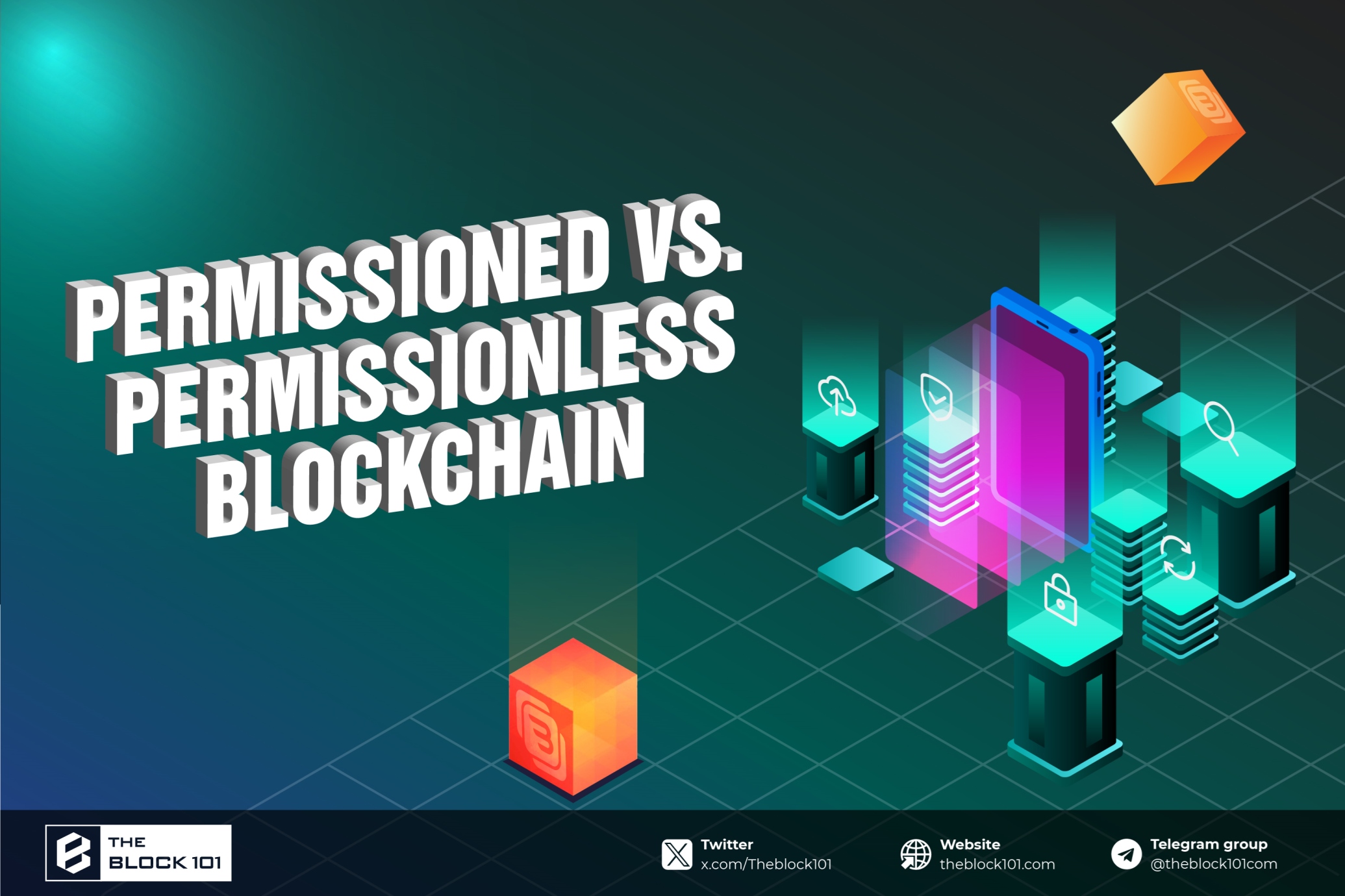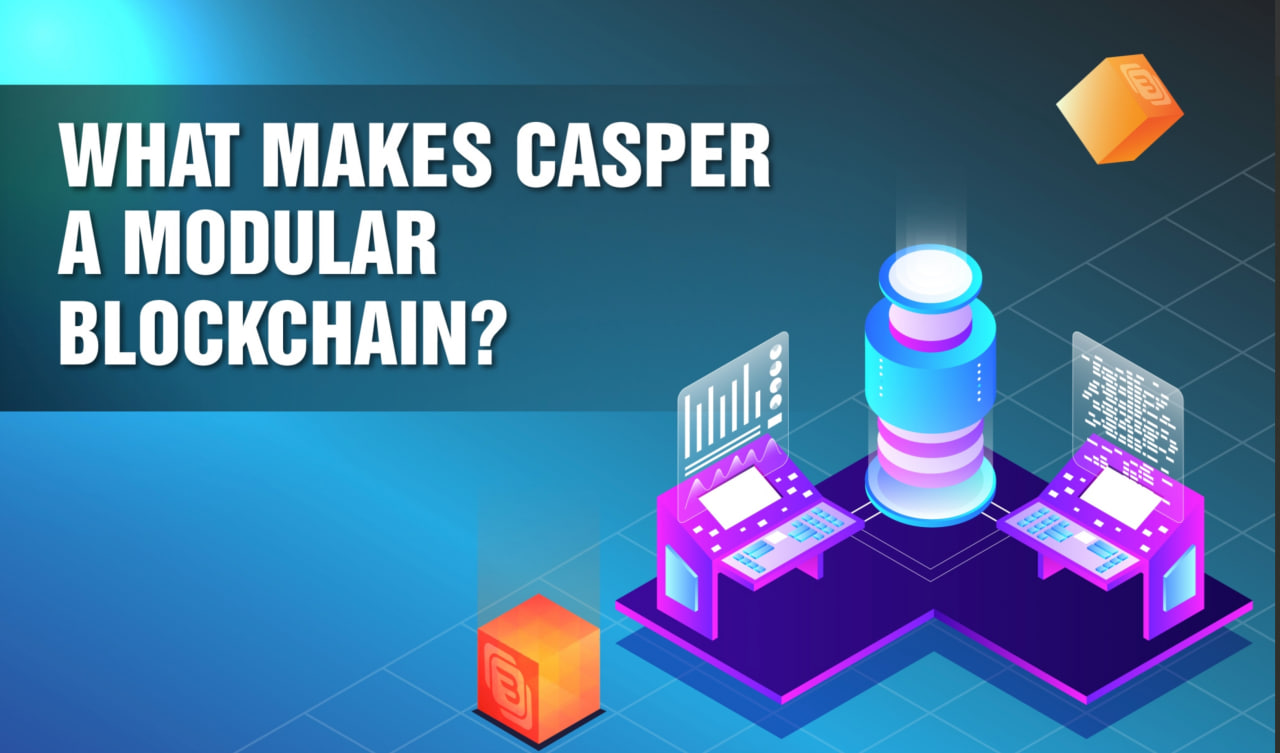1. What is a Smart Contract?
A smart contract is a self-executing digital agreement with the terms of the contract directly written into lines of code. These contracts automatically execute and enforce the agreed-upon rules and conditions, reducing the need for intermediaries and increasing transaction efficiency and security. Deployed on blockchain platforms, smart contracts are immutable and transparent, ensuring trust and accountability.
2. Types of Smart Contracts
Smart contracts can be categorized based on their functionality and use cases. The primary types include:
-
Basic Smart Contracts
-
Multi-Signature Contracts
-
DAO (Decentralized Autonomous Organization) Contracts
-
Oracle-Based Contracts
-
Escrow Contracts
-
Hybrid Contracts
Let's explore each type in detail.
2.1. Basic Smart Contracts
Definition: Basic smart contracts are the simplest form of smart contracts. They encode straightforward agreements between parties, such as transferring cryptocurrency from one user to another upon meeting specific conditions.
Applications:
-
Cryptocurrency transactions: Basic smart contracts can automate the transfer of digital assets when predefined conditions are met.
-
Digital identity verification: Automating identity verification processes to streamline onboarding and KYC (Know Your Customer) procedures.
Example: A basic smart contract might be used to automatically transfer 1 Ether from Alice to Bob once Bob sends a specific amount of a different cryptocurrency to Alice.
2.2. Multi-Signature Contracts
Definition: Multi-signature (multi-sig) contracts require multiple parties to sign off on a transaction before it can be executed. This ensures that no single party can unilaterally control the contract's outcome.
Applications:
-
Joint accounts: Businesses or joint ventures can use multi-sig contracts to manage shared funds, ensuring that transactions are only executed with consensus.
-
Governance: DAOs and other decentralized entities often use multi-sig contracts to make collective decisions.
Example: A multi-sig contract could require the signatures of three out of five board members to authorize the transfer of funds from a company's treasury.
2.3. DAO Contracts
Definition: DAO contracts are the foundation of Decentralized Autonomous Organizations. These contracts encode the rules and governance of the DAO, allowing it to operate autonomously and transparently on the blockchain.
Applications:
-
Decentralized governance: DAOs can manage communities, projects, and funds without central authority, with decisions made through voting mechanisms encoded in smart contracts.
-
Funding and investments: DAOs can raise funds and allocate them to projects based on member votes.
Example: The DAO (Decentralized Autonomous Organization) on Ethereum, which aimed to democratize venture capital funding, was governed entirely by DAO contracts, with participants voting on investment proposals.
2.4. Oracle-Based Contracts
Definition: Oracle-based contracts integrate external data sources (oracles) to trigger contract execution. Oracles provide real-world data to the blockchain, enabling smart contracts to interact with off-chain information.
Applications:
-
Insurance: Insurance contracts can automatically pay out claims based on real-world events, such as flight delays or weather conditions, verified by oracles.
-
Prediction markets: Oracle-based contracts can resolve bets or predictions by providing verified external data, such as election results or sports scores.
Example: A crop insurance contract might use a weather oracle to verify rainfall levels. If the rainfall is below a certain threshold, the contract automatically pays the insured farmer.
2.5. Escrow Contracts
Definition: Escrow contracts act as intermediaries in transactions, holding funds or assets until predefined conditions are met. They ensure that both parties fulfill their obligations before releasing the funds or assets.
Applications:
-
Real estate: Escrow contracts can automate the transfer of property ownership once all conditions, such as payment and legal requirements, are met.
-
E-commerce: Escrow contracts ensure that funds are only released to sellers once buyers receive and confirm the delivery of goods.
Example: In a real estate transaction, an escrow contract might hold the buyer's payment until the title transfer is complete and all legal documents are verified.
2.6. Hybrid Contracts
Definition: Hybrid contracts combine on-chain smart contracts with off-chain components, such as traditional legal agreements or centralized services. They leverage the strengths of both blockchain and off-chain systems to provide more versatile solutions.
Applications:
-
Supply chain management: Hybrid contracts can integrate blockchain transparency with traditional logistics systems to enhance traceability and efficiency.
-
Financial services: Hybrid contracts can link blockchain-based financial instruments with traditional banking systems, enabling more complex financial products.
Example: A hybrid contract for supply chain management might record product provenance on the blockchain while integrating with existing logistics software to track shipments in real-time.
3. Advantages and disadvantages of Smart Contracts
3.1. Advantages
Smart contracts offer several benefits, including:
-
Automation and efficiency: Smart contracts automate processes, reducing the need for intermediaries and speeding up transactions.
-
Security: Blockchain technology ensures that smart contracts are secure and tamper-proof.
-
Transparency: All parties can view the contract terms and execution, fostering trust and accountability.
-
Cost reduction: By eliminating intermediaries, smart contracts reduce transaction costs.
-
Accuracy: Automated execution minimizes the risk of human error.
3.2. Disadvantages
Despite their advantages, smart contracts face several drawbacks:
-
Complexity: Developing and auditing smart contracts require specialized knowledge, making it challenging for non-experts.
-
Immutability: Once deployed, smart contracts cannot be easily modified, which can be problematic if errors are discovered.
-
Legal recognition: The legal status of smart contracts varies across jurisdictions, potentially complicating their enforceability.
-
Oracle Trust: Oracle-based contracts depend on the reliability of external data sources, which can be a point of vulnerability.
4. Conclusion
Smart contracts represent a paradigm shift in how agreements and transactions are executed, offering unprecedented levels of automation, security, and transparency. The various types of smart contracts cater to different needs and applications, from legal agreements and financial transactions to supply chain management and decentralized organizations. As the technology continues to evolve, overcoming challenges such as scalability, interoperability, and security will be crucial to realizing the full potential of smart contracts. With ongoing innovation and adoption, smart contracts are poised to transform industries and drive the future of decentralized digital interactions.
Read more:

 English
English Tiếng Việt
Tiếng Việt.jpg)
